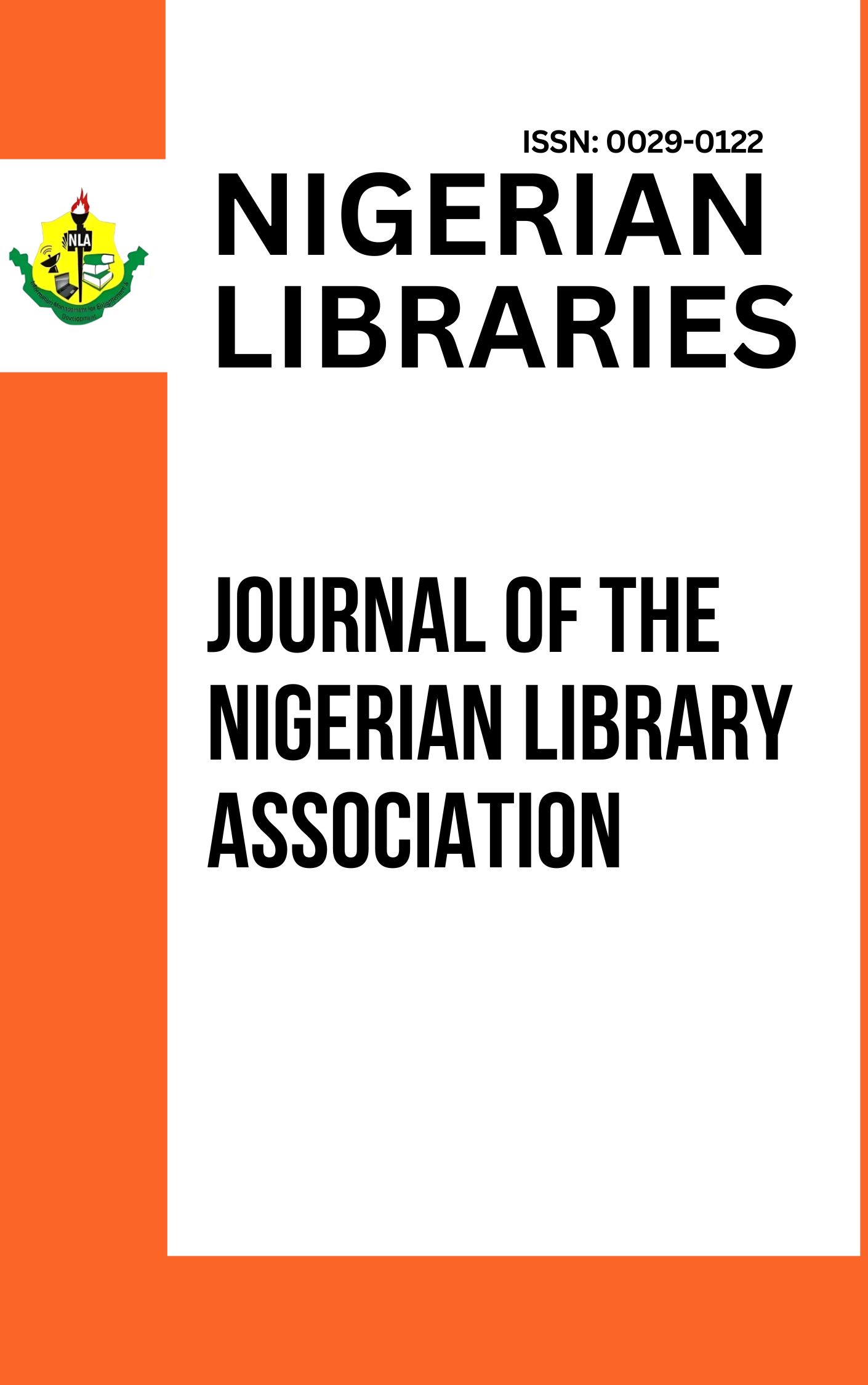Abstract
Sustainable development is crucial in ensuring the future of humanity and their well-being and ICT should be used effectively in achieving this aim. Therefore, the purpose of this paper is to highlight the ICT tools used in achieving sustainable development goals (SDGs). The paper explains the conceptual overview of information and communication technology and sustainable development goals. It also identifies the ICT tools used in achieving SDGs, such as Internet, mobile internet, etc. It outlines the 17 goals of the SDGs, which includes: poverty eradication in all its forms, end hunger, achieve food security and improved nutrition and sustainable agriculture, ensure healthy lives and promote well-being for all at all ages, among others, were highlighted. The paper also highlights the challenges in using ICT in achieving sustainable development goals. These challenges include; inefficient and ineffective utilization of the available large volume of scientific data in solving climate change issue, little interaction between policy-makers and activists concerned with sustainable development and with ICT/Internet public policy, etc. The paper recommends amongst other things that there should be a call for greater dialogue and interaction between sustainable development and ICT/Internet public policy-makers and activists, the international ICT sector, represented for example in the UN Broadband Commission, would need to step forward to provide, advice, expertise, financing, and tools for rapid sustainable development.



 National Library of Nigeria
National Library of Nigeria.jpg) Association of Nigerian Authors
Association of Nigerian Authors Nigerian Library Association
Nigerian Library Association EagleScan
EagleScan Crossref
Crossref